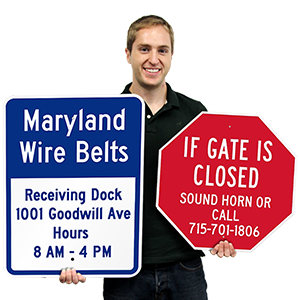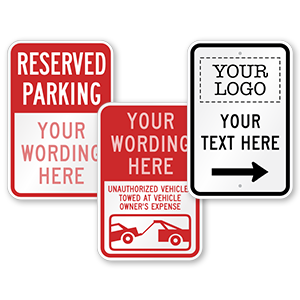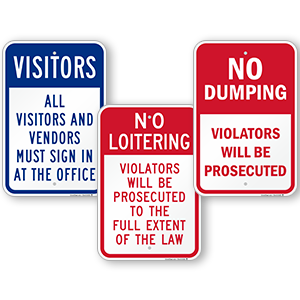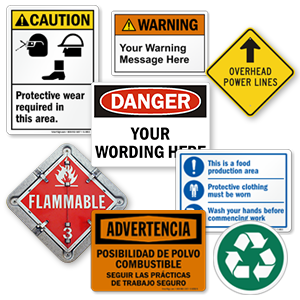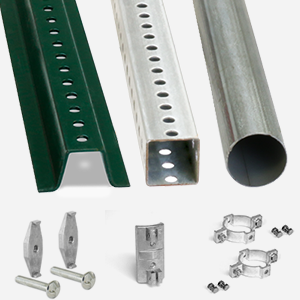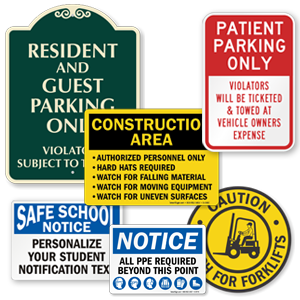Washington’s ‘Free Coffee Program’ needs new signs
Free coffee is available at 37 state-run rest stops in Washington state.
Remember this now because the signs that advertise the offering have disappeared. The Department of Transportation hasn’t replaced a worn out or damaged sign advertising free coffee since 2012. The problem: Volunteers were charged with manually flipping many of the signs to indicate whether the service was open or closed. Walking or driving up to the signs, they weren’t always staying safe along the road.
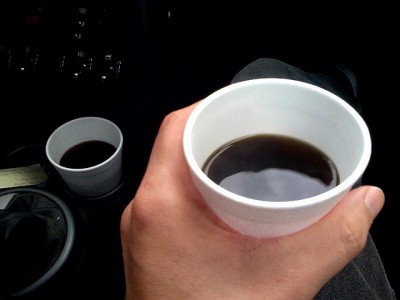
Washington offers motorists free coffee at rest stops. From Greg Dunlap.
Only one stop had electronic signs that could be operated from a kiosk. But at a cost of $6,000 each, when they broke this summer, they went out for good.
The loss of the signs might not sound like such a big deal. So what if people don’t know about the free coffee? Isn’t creating and posting signs advertising a free service a perfect (and ironic) example of frivolous spending of taxpayer dollars anyway?
Perhaps in some cases. But this isn’t one of them.
For one thing, the complimentary beverage isn’t a mere friendly gesture by the state. The Free Coffee Program serves a higher purpose by keeping drivers awake and alert not only through the caffeine boost, but also by encouraging them to stop for a break at rest areas.
For another, the coffee service is run by nonprofit groups that sign up in advance for the privilege. While the beverage is free, the groups accept donations—and they’ve been losing money with the drop-off in customers. It’s difficult to account for exactly how much, since the donations aren’t reported. But according to one recent article, “The drop in coffee drinkers can add up to hundreds of dollars less in donations for churches, fraternal organizations, youth clubs, veteran groups and other nonprofits.” Losing money means less incentive for these nonprofits to sign up.
So it seems signage really is a big deal, even in cases where it might not seem so significant. At least one Washington state senator takes that perspective. According to this article, Sen. Kirk Pearson, R-Monroe, filed legislation last week that would have the Department of Transportation restore all of the free coffee signs by August 1.
All that’s left to bring the state’s Free Coffee Program back to its former glory is convincing stakeholders to upgrade the manual signs to the more costly electronic versions—a safety measure for the program’s volunteers that shouldn’t be dismissed.

